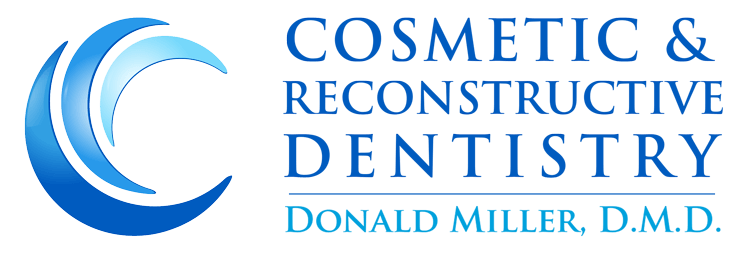If you’ve been experiencing pain in your jaw, headaches, or even clicking noises when you chew, you might be dealing with TMJ dysfunction. TMJ, or temporomandibular joint, disorders are more common than you might think—and they’re often misunderstood. One of the first challenges for people with TMJ pain is deciding who they should see for treatment. Should you visit your primary care doctor, a specialist, or a dentist? Let’s explore why your best solution might be closer than you expect.
Why Start With a Dentist for TMJ Pain?
Dentists do much more than cleanings and cavity fillings. They’re highly trained specialists who understand the full structure of your mouth, including the jaw joints and muscles that are central to TMJ disorders. This makes them an excellent choice for addressing TMJ pain.
What sets a dentist apart is their ability to diagnose and treat the root cause of the disorder. TMJ pain is often linked to issues like misalignment of the bite or grinding of the teeth, which are areas where dentists excel. Unlike specialists who may treat symptoms individually, dentists can address the underlying problem holistically, providing a long-term solution.
However, not all dentists have the specialized knowledge necessary for TMJ treatment, so it’s important to choose one with experience and expertise in this area.
The Role of Expertise in Diagnosing TMJ Disorders
One of the challenges of TMJ disorders is that symptoms can often overlap with other conditions, from tension headaches to earaches. This is another reason why consulting with a dentist experienced in TMJ disorders is so valuable. They can pinpoint whether your symptoms truly stem from the temporomandibular joint.
For instance, TMJ pain might be caused by:
- Jaw misalignment
- Teeth grinding or clenching (also known as bruxism)
- Stress and anxiety leading to muscle tension
- Arthritis in the joint
A dentist trained in TMJ treatments will conduct a comprehensive evaluation, which could include checking your bite, reviewing your dental history, and even using advanced imaging techniques to get a detailed look at your jaw.
Treatments Dentists Can Offer for TMJ Pain
Once your dentist has identified the root cause of your TMJ disorder, he/she can develop a personalized treatment plan tailored to your needs. This might include:
- Botox: Botox helps relax muscles by temporarily blocking nerve signals that cause contraction.
- Invisalign: Correcting misaligned teeth can alleviate pressure on the joint.
- Night Guards: Help prevent teeth grinding and can reduce strain on the jaw.
- Stress Management Techniques: Because stress often exacerbates TMJ pain, incorporating stress reduction strategies can be a surprising but effective treatment.
By offering these options, dentists not only relieve your pain but also promote better oral and overall health.
What to Consider When Choosing a Dentist for TMJ Treatment
Not all dental practices are created equal when it comes to TMJ pain. To ensure you’re getting the best care, start by seeking a dentist who specializes in TMJ disorders, like Dr. Donald Miller in Fairfield, CT. Look for a practice that uses advanced diagnostic tools and takes a patient-first approach to treatment. This combination gives you the best chance of finding a lasting solution to your discomfort.
At a high-quality dental practice and TMJ specialist like Cosmetic & Reconstructive Dentistry, your TMJ pain won’t just be addressed in isolation. We understand how interconnected the muscles, joints, and teeth are, and we take a comprehensive approach to bring you relief.
Frequently Asked Questions About TMJ Disorders
What are the primary causes of TMJ disorders?
TMJ disorders can result from a variety of factors, including teeth grinding (bruxism), jaw misalignment, injury to the jaw or surrounding tissues, arthritis, and even muscle tension caused by stress. An experienced dentist can help diagnose the specific cause of your TMJ pain.
How do I know if my jaw pain is related to TMJ?
Common signs of TMJ disorders include pain or tenderness in the jaw, clicking or popping sounds when opening or closing your mouth, difficulty chewing, and even headaches or earaches. If you’re experiencing these symptoms frequently, it’s worth scheduling a consultation with a dentist who specializes in TMJ treatment.
At Cosmetic & Reconstructive Dentistry, we help patients in Fairfield, CT and throughout Fairfield County, achieve relief from TMJ pain with personalized, compassionate care. Visit our website to learn more about TMJ disorders and schedule an appointment today.

